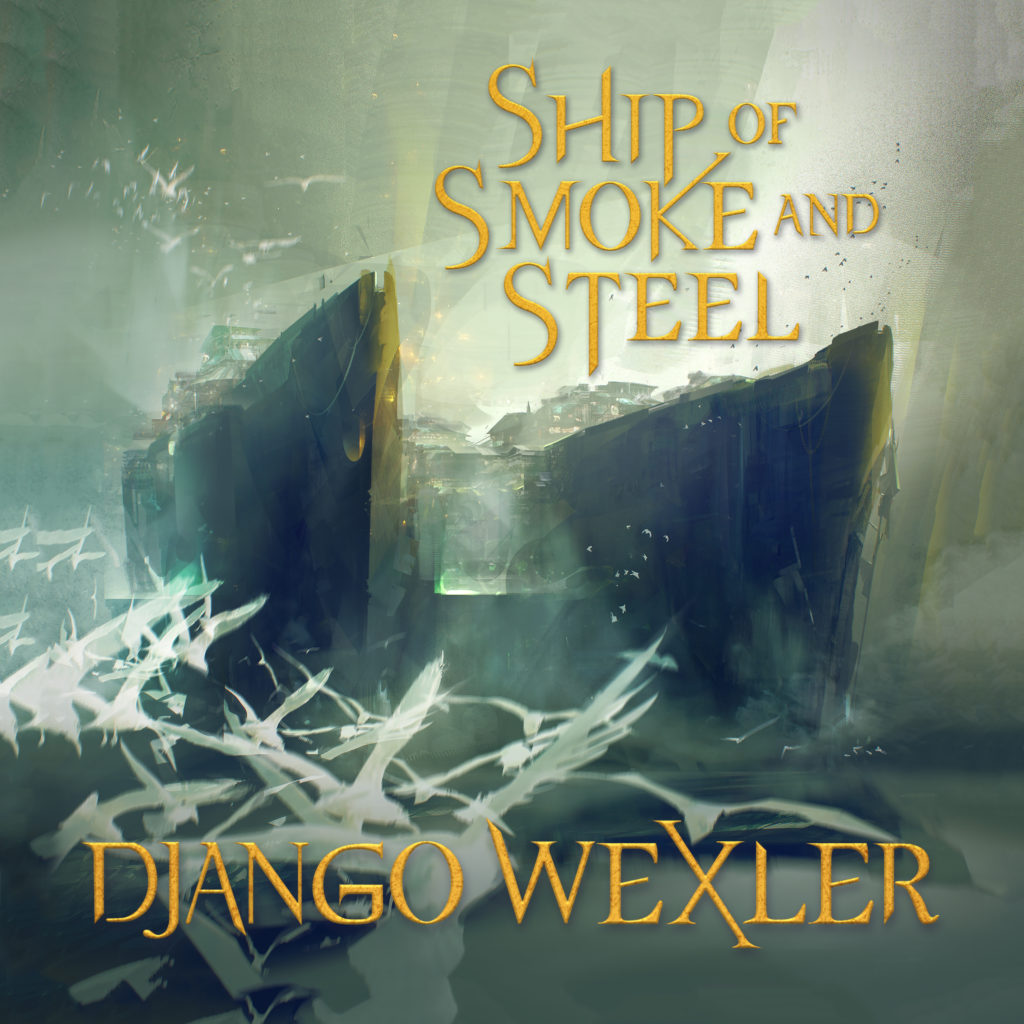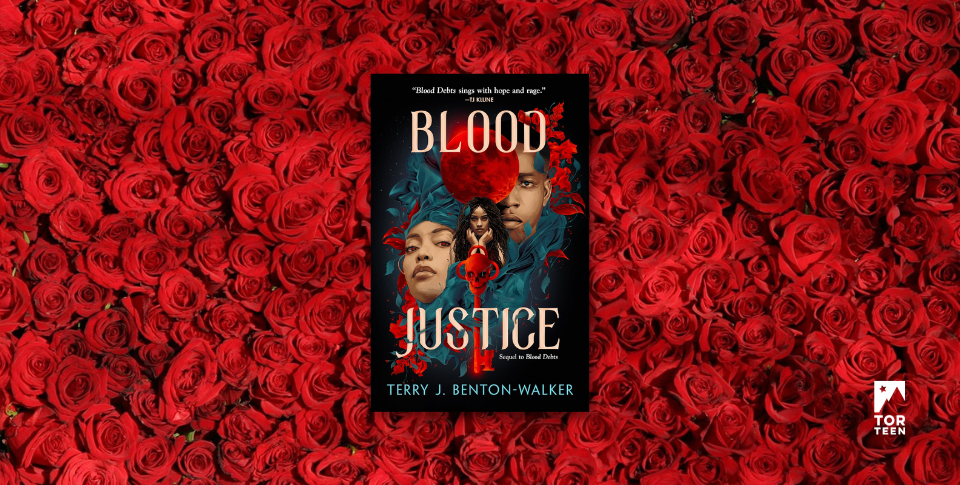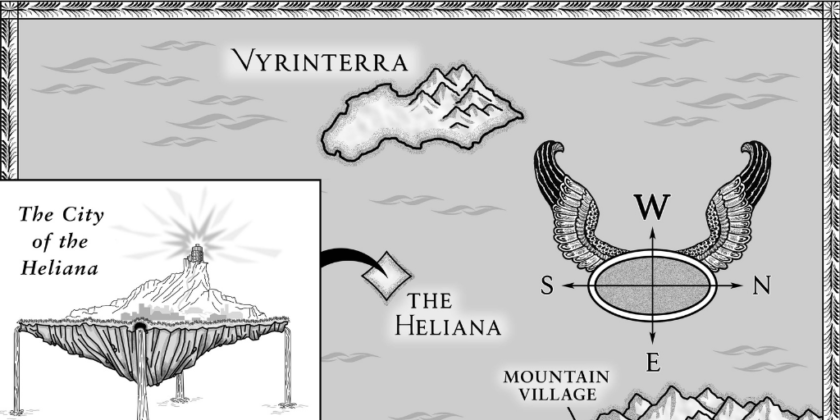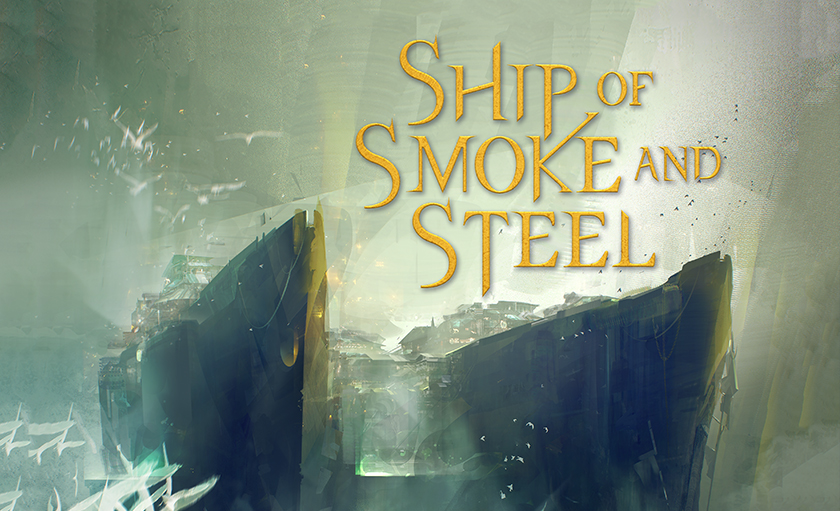
wcag test heading
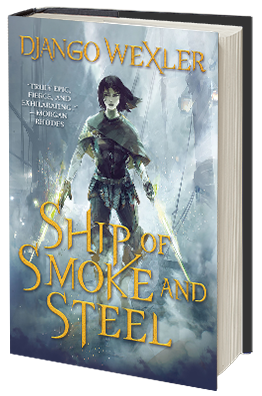 Many years ago, a friend of mine and I were doing some world design for a D&D campaign, and talking about one aspect of the default world presented in the manuals that has always bugged me: the role of magic in their society makes no sense. The rule we came up with, though not articulated in quite these words, went something like this:
Many years ago, a friend of mine and I were doing some world design for a D&D campaign, and talking about one aspect of the default world presented in the manuals that has always bugged me: the role of magic in their society makes no sense. The rule we came up with, though not articulated in quite these words, went something like this:
Wizards are going to be either slaves or kings.
Like anything pithy, of course, this is a massive oversimplification. In particular, when I say “wizards” and “magic” in this context, I’m specifically talking about D&D magic, battle magic, where wizards can hurl throw lightning bolts and call down fire from the sky. That sort of thing isn’t always possible, and every magic system has its unique twists.
But there’s a few things we can learn from looking at history, which is my favorite way to start my worldbuilding. Until quite recently, in societies that supported a warrior caste (which is most of them), the warriors were either a) bound very tightly with social, religious, or economic strictures to keep them under control or b) in charge. And it’s pretty easy to see why: when the guys with the swords decide they’re in charge, who’s going to stop them?
The default D&D world, as well as many fantasy worlds, is loosely based on medieval western Europe, where the warrior caste of lords and knights ruled in exactly this fashion. For an example of the other kind of society, you can picture Rome under the Republic, where the legions fought the enemies of the state but were held back by strong taboos from taking power … until those taboos eventually failed, leading to civil war and ultimately to empire.
Wizards — by which I mean anyone capable of wielding combat-worthy supernatural power — present the same problem but so, so much worse. Warriors may have equipment and training but are in the end still only human; wizards break the very laws of nature. In many worlds — D&D for sure, and popular fantasy like The Wheel of Time or Malazan Book of the Fallen — it’s practically suicidal for a non-wizard to oppose a wizard, absent some kind of special powers of their own.
So how do wizards fit in to a fantasy society? The easiest answer is: at the top. If wizards are the ultimate trump card, then the only safety for non-wizards is under a wizard’s protection. This is essentially the feudal social bargain — the warrior caste gets fed, clothed, and given authority, in exchange for defending the people against rival warriors. It’s almost certainly among the most common social structures in human history.
A society where wizards are slaves — or at least not in charge — is a little trickier to imagine. It depends in part on how wizardry is acquired. If becoming a wizard takes a long period of apprenticeship and study, for example, you can imagine orders of wizardry that carefully teach powers only to those who have been appropriately indoctrinated to use them for “good” (i.e. for the benefit of the state), like a magical version of an idealized military order like the Templars.
That brings us to Ship of Smoke and Steel and our protagonist Gelmei Isoka. In Isoka’s world, magical power is not acquired primarily through study and training. A minority of people are born with the ability to access one (or rarely more than one) of the Nine Wells of Sorcery, and are able to draw on varying amounts of power. These powers are hereditary, at least to a certain extent, with mage-blood families generally having mage-blood children, although Wells also appear among the children of non-mage-bloods.
Isoka’s society has evolved to deal with this by using both the paths, slaves and kings. The mage-blood families are the nobility of the Blessed Empire (so much that “commoner” is synonymous with “non-mage-blood”) and have ruled for centuries, claiming divine right. Common-born mage-bloods present an obvious problem, though, and they’re searched out and captured as quickly as possible. Some of these are forced to breed into the noble families, strengthening their bloodlines, while others are taken to serve in the Invincible Legions of the Empire, under the watchful eye of noble officers. (And adepts of Ghul, the Well of Life, are killed out of hand — everyone remembers it was Ghul adepts who turned the greatest city in the world into an incomprehensible miasma of mutation and decay called the Vile Rot.)
Isoka is an adept of Melos, the Well of Combat, fighting with energy blades and protective armor that makes her a match for any ordinary human. One of my favorite bits of worldbuilding comes after she’s force onboard Soliton, the legendary ghost ship, which gathers mage-bloods from all over the world. For the first time, she meets people from outside the Blessed Empire, and discovers that every society has its own unique means of dealing with the basic problem of magic. It was a lot of fun to come up with a variety of answers (some explicit, others only hinted at) to the question: “What do we do, as a society, with a group of people who are intrinsically awesome at fighting?”
It’s a tricky question! And since Isoka’s goal is to take over the ghost ship, it’s something she’s going to have to think about herself …
